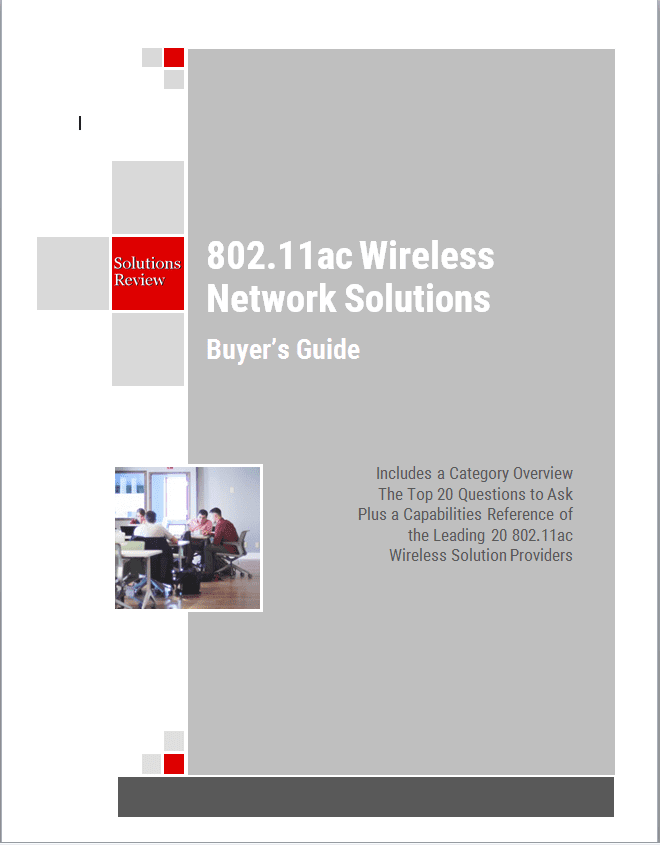What’s the Difference Between Small Business and Consumer Routers?


Not all routers are created equal especially when it comes to choosing one for your small business. It’s very easy to walk into an electronics store, see a name-brand router and assume that it will work just as well for your handful of employees as it does for you at home; that’s not the case. Just because a router uses the 802.11ac standard and technically has the capacity to handle more traffic than you’ll sending its way does’t mean that it’s qualified to handle your business network. Consumer routers may not be secure or scalable and can their lower prices often reflect the services they provide.
According to an article by Michael Brown for PC World, Consumer Routers prioritize speed, media streaming and security, while business routers prioritize security, remote access and scalability.
The first thing you need to realize is that consumer routers have different priorities in the performance they will give you. One of the most critical components of consumer routers their ability to stream. People use their at-home routers, mostly to stream T.V. shows, music and movies. This is where the duel-band for consumer routers comes in. But, people utilize consumer and business routers in different ways. Most of the time, using the 2.4GHz band for everyday things, like checking email and browsing the web is fine; there aren’t usually more than a few people trying to do too many things at once and traffic rarely gets too backed up. You also have the option of moving the router if it’s not giving you fast enough speeds. The 5GHz band is mostly reserved for streaming audio and video in the network.
Another thing to keep in mind with business class routers is: You get what you pay for. Sure, there are plenty of routers out there that declare themselves business-capable, but in all honesty if the router is under $200 chances are it’s not going to live up to your expectations.
Like mentioned up above, businesses need different things from routers than consumers do, and while this does mean that you might not find USB hookups for printers and other machines, you will get better security, the ability to access your network from remote locations and the scalability needed for company growth.
Security is an important feature for consumer routers, but it’s much more important for company routers. Companies are under a much higher threat for a data breach or data leak because the information they have is considered much more valuable. Tapping into your home network isn’t very useful to a consumer, but can be a big part of work life for remote employees. A lot of the time, corporate data is not stored on mobile devices so the only way the data can be obtained is by remotely connecting with the network.
Scalability may be the biggest factor in why having a solid business class router is in the best interest of any SMB. For most small businesses, growth is a big part of corporate strategy and it’s expected that more employees will be coming on to help handle the expansion. If you have a router that does not scale, you’ll end up having to spend more money on redoing your network infrastructure rather then just adding onto it.




















